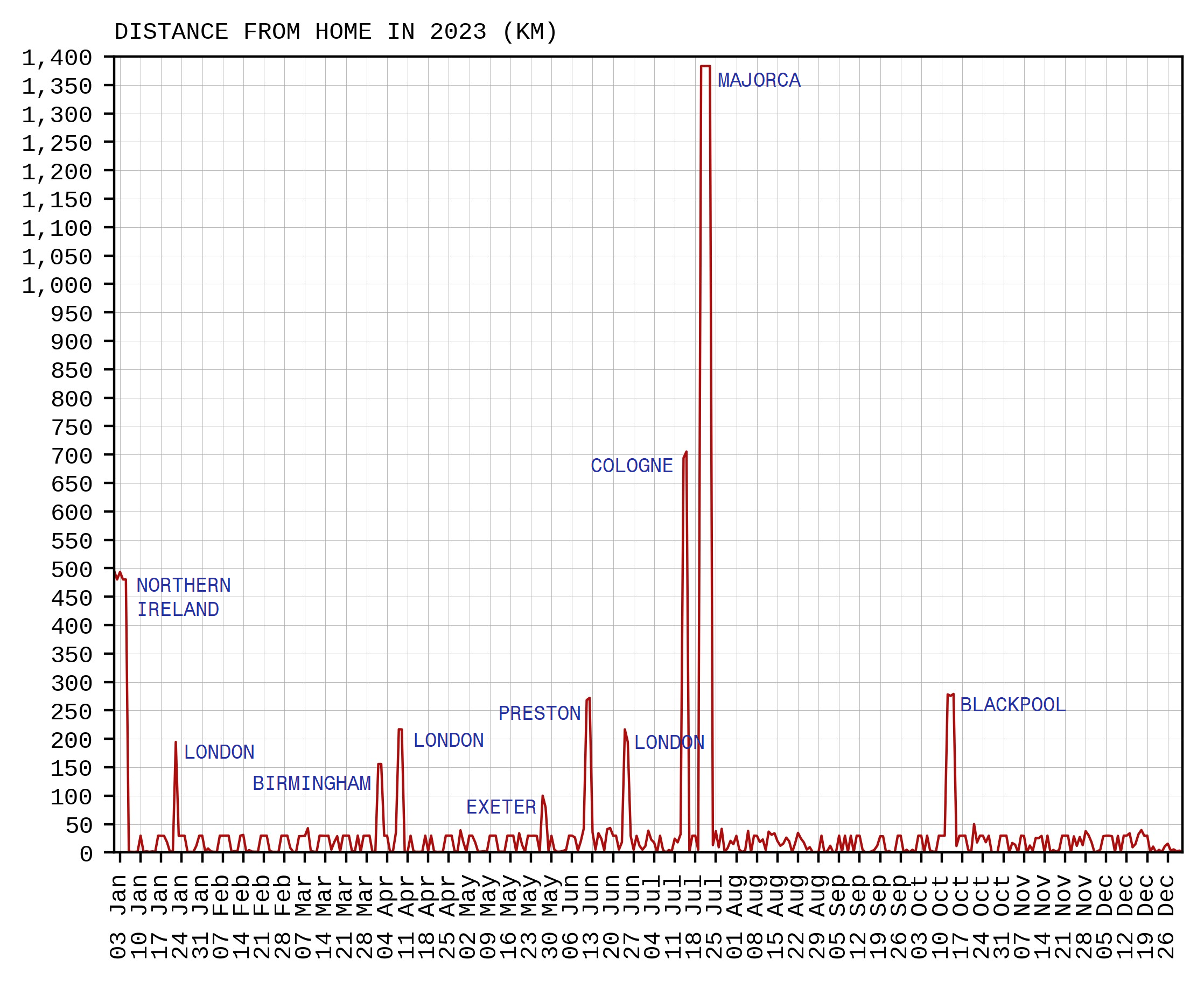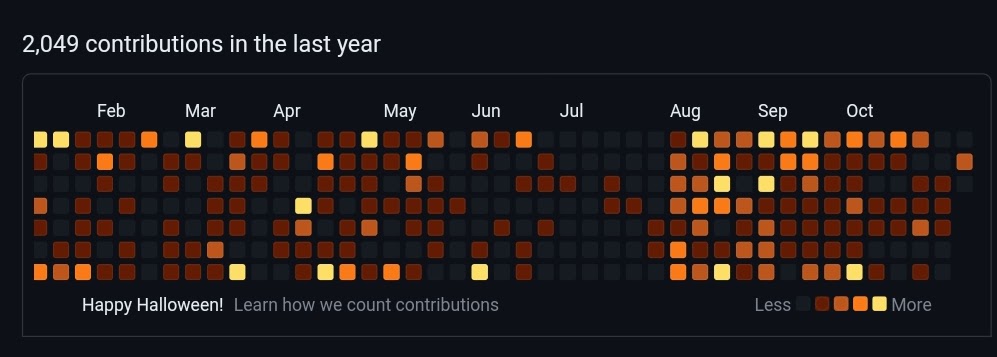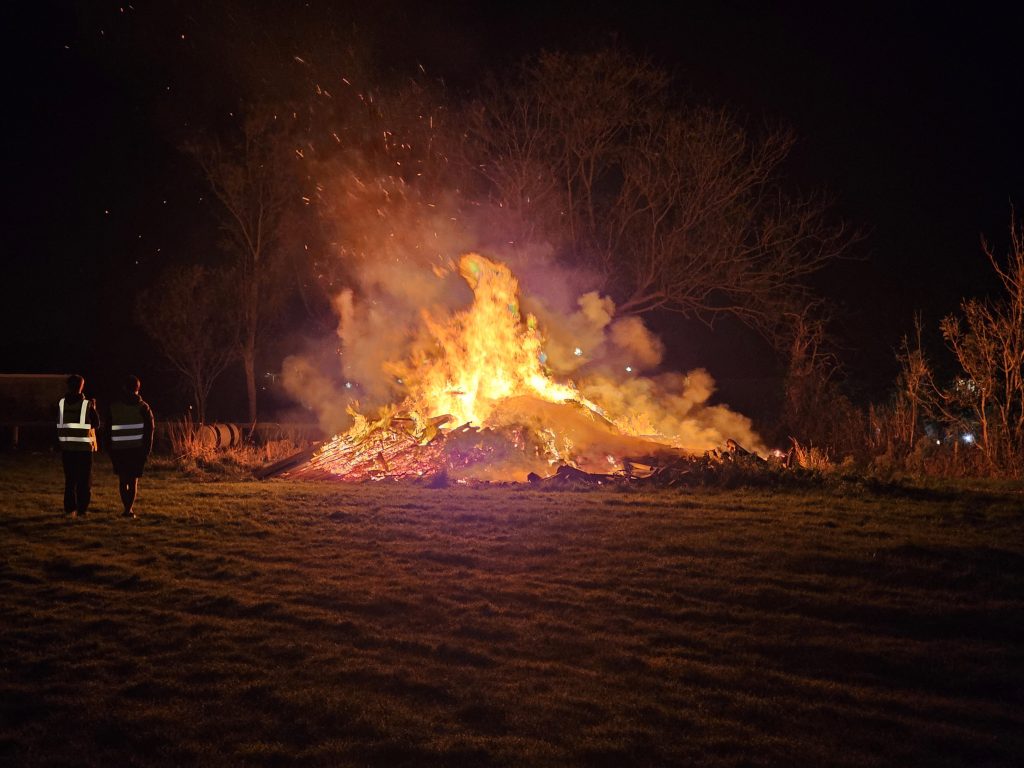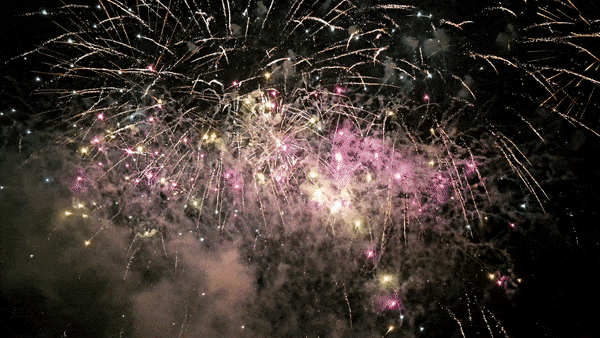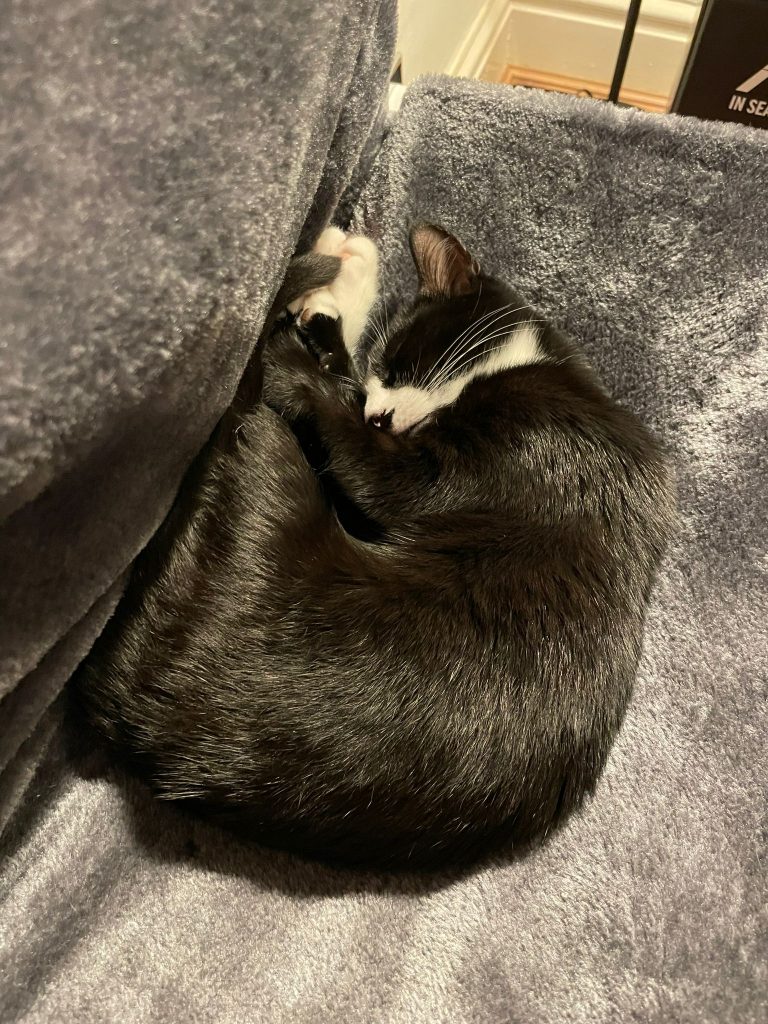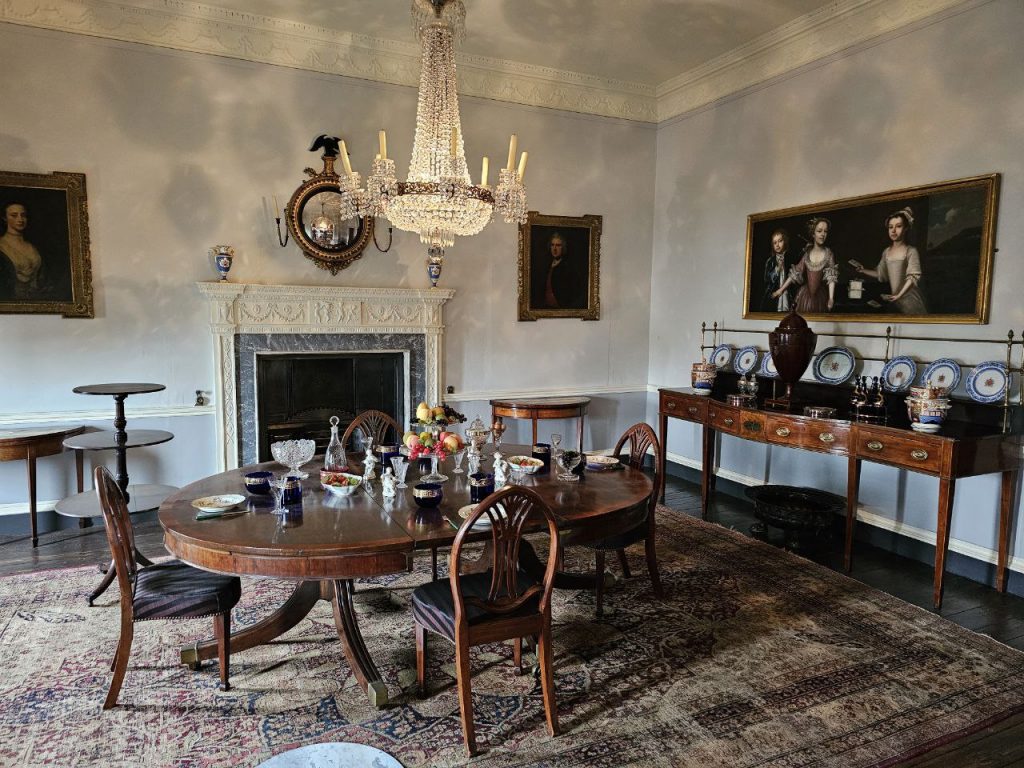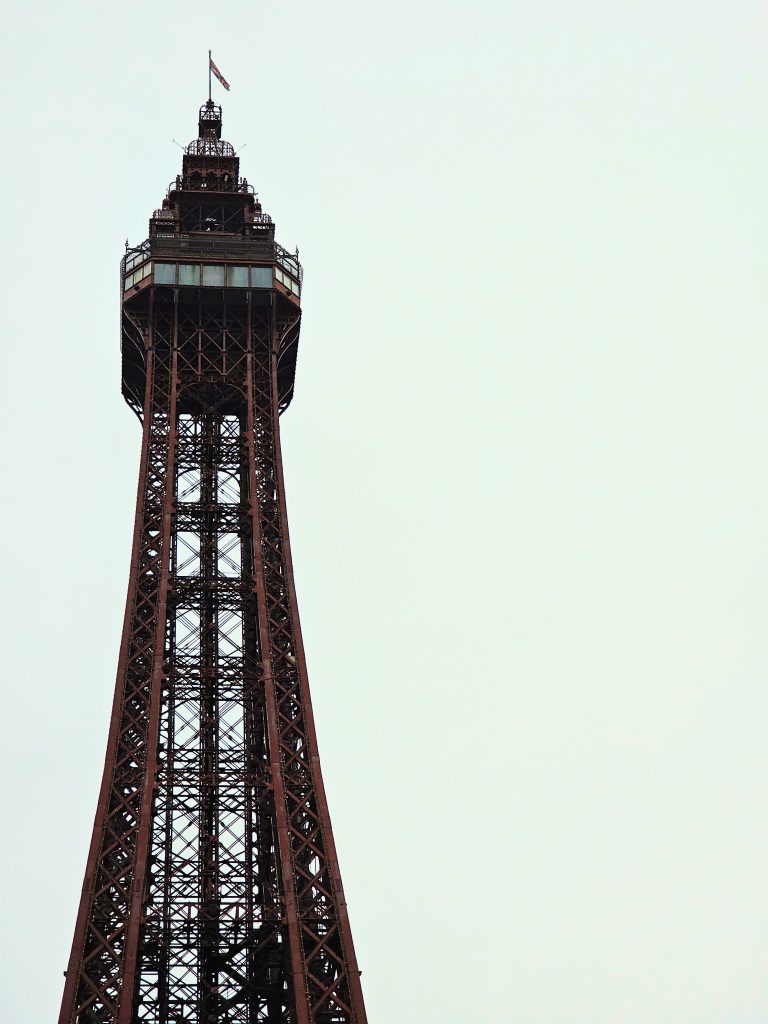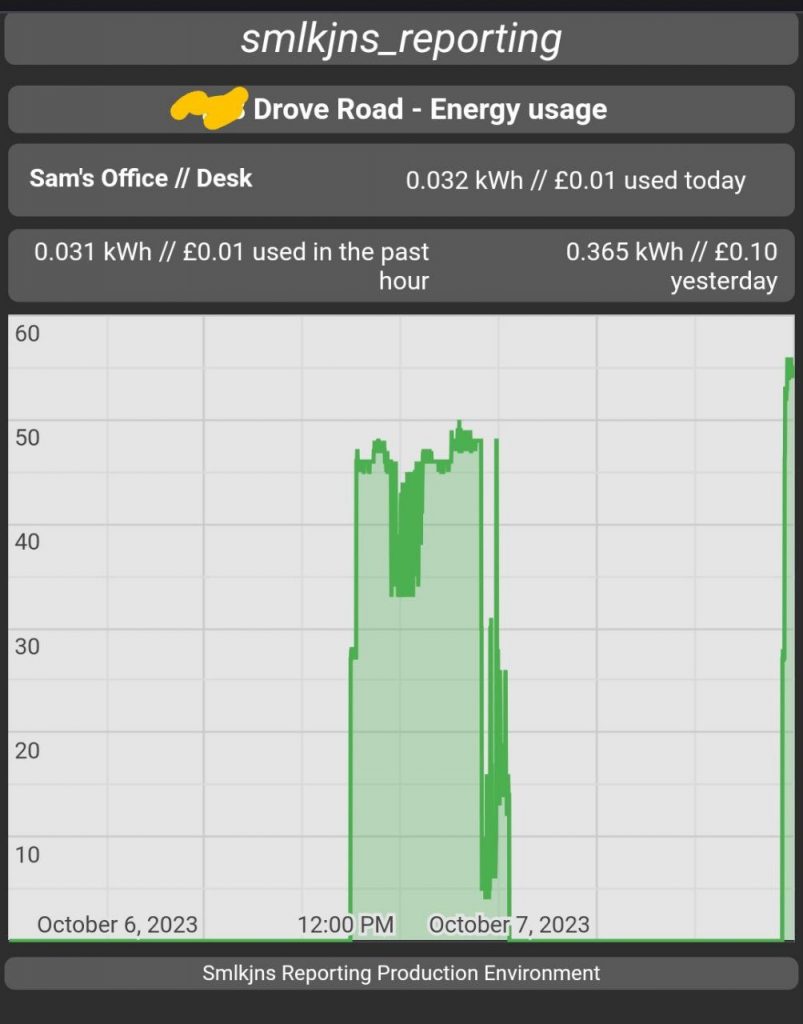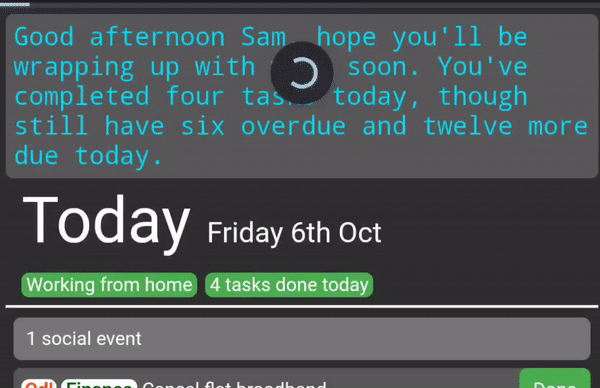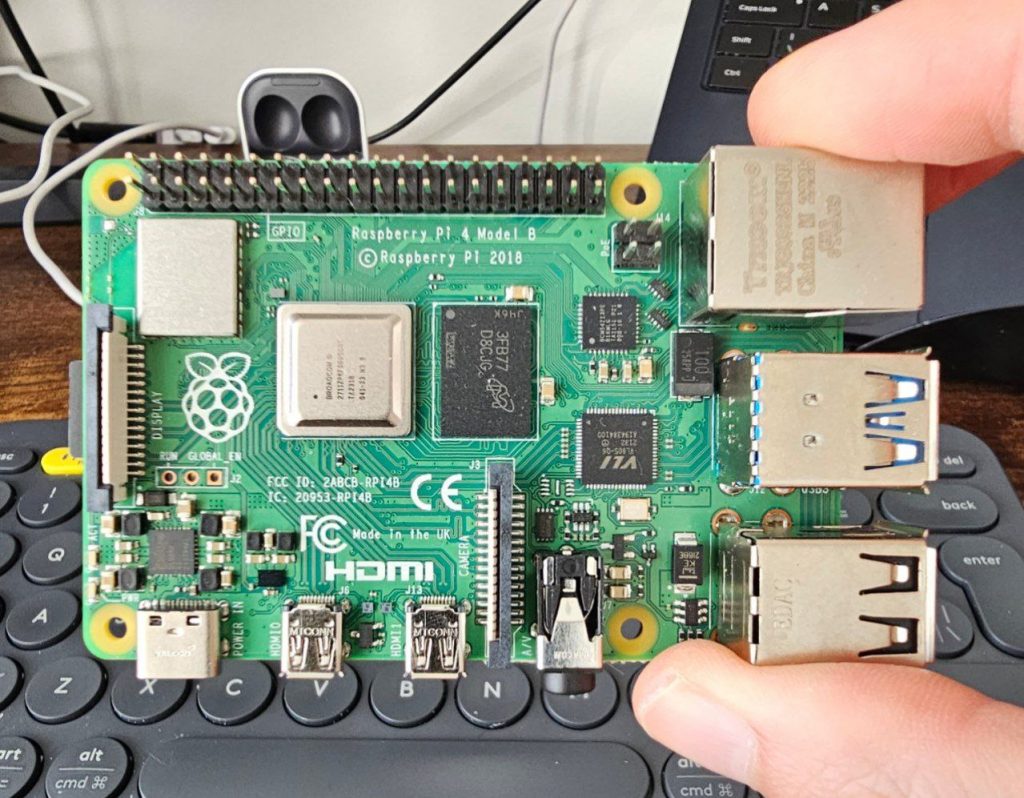A weeknotes written with a hangover, but a weeknotes all the same.
I attended this event on Tuesday marking 60 years since the Bristol Bus Boycott, with Guy Bailey and Joyce Morris-Wisdom who were both part of the campaign.
I walked around the park by my office a lot, despite its quantity of fallen leaves making it a beautiful beautiful slippery deathtrap.

We joined some friends’ 30th birthday celebrations last night (hence the hangover) which was great fun.
Otherwise, I’ve been thinking a lot this week about the way that the symbols of ‘remembrance’ work and are used in this country these days, given it’s that time of the year. If any examination of cultural artifacts or signifiers like the poppy, ‘lest we forget’ or the Cenotaph is to be a serious one, it must start from the acknowledgement that their meanings change over time and this change occurs as a result of culture at all points being contested. Given it’s been over a century since these things emerged, I have absolutely no time for people that try to insist something about what they should mean based on their history as a way to deny the less convenient truth about what they now evidently do mean.
My perception of remembrance when I was younger isn’t necessarily entirely reliable but as I recall it even only twenty years ago it felt substantially different. The notion that a key part of the thing to be remembered was that the sacrifice of the dead was a needless, wasteful sacrifice hadn’t yet been surgically removed. The evil to be observed was still for many the evil of war, the evil of those striving for war, the evil of those sending people to war. It hadn’t yet morphed into remembering an ahistorical story about how war was an unfortunate but necessary response to some other evil. And since, as I say, culture is contested, I remember witnessing people talk about their different understandings of what it was that was supposed to never be forgotten, or what it would look like if we did allow ourselves to forget.
I didn’t pay a great deal of attention in the years since then to how remembrance and its symbols was evolving, or who was winning or losing in the contest for their meanings. I was probably too young to notice if or how it intersected with the wars in Afghanistan or Iraq, so forgive me if I’m missing an element of the story there, but I largely wrote it off as another thing gradually eroded by the unique British talent for crushing banality, in which things become ossified into incrementally less coherent rituals, performed each time more meaninglessly that the last. I understood it as something that the right would try to intermittently deploy against others but in the sort of pathetic way that is best ignored.
In the past few years however that view has become less tenable as it’s become clearer that remembrance’s fate is something far worse. While the contests over its meaning may change it again in the future, for the time being a particular politics has established a firm grip on it. War and what we think about war is obviously, to anyone with half a brain, intrinsically political, so this isn’t a new politicisation of remembrance but the victory of a certain politics over others. That sense has obviously been heightened this year, given how remembrance has coincided with global events and how it’s relatedly been used by the right to incite riots on the streets of London, though I think that coincidence is illuminating as to what remembrance had already become rather than in itself the thing that has only now changed it.
Remembrance and its symbols, whatever they might have meant in the past and whatever well-meaning individuals may wish them to still mean, belong now to a pro-war culture. They belong to a right-wing, authoritarian, pro-war and pro-genocide politics and they are used to beat down those striving against war, suffering and injustice in the present.
Unless there is a compelling case that someone is simply naive to the reality of remembrance in Britain (say, if you don’t live in the country and have only just now read about it for the first time on Wikipedia), if they joyfully adopt its symbols – the poppy, the ‘lest we forget’ slogan, the Cenotaph – I am immediately deeply suspicious of them.
There will be certainly be more darkness and suffering in our future and I have no doubt that those in Britain cheering it on and shouting for more will be increasingly doing so with the poppy as their logo.
Anyway, whilst you wait for things to get worse, why not enjoy the Poppy Watch twitter account.









